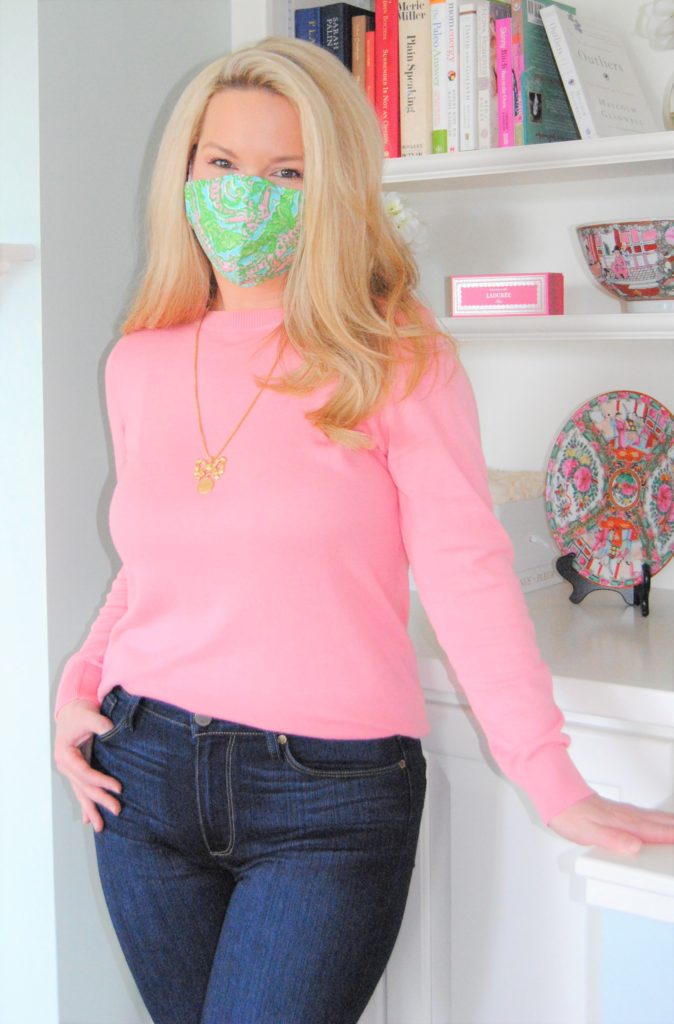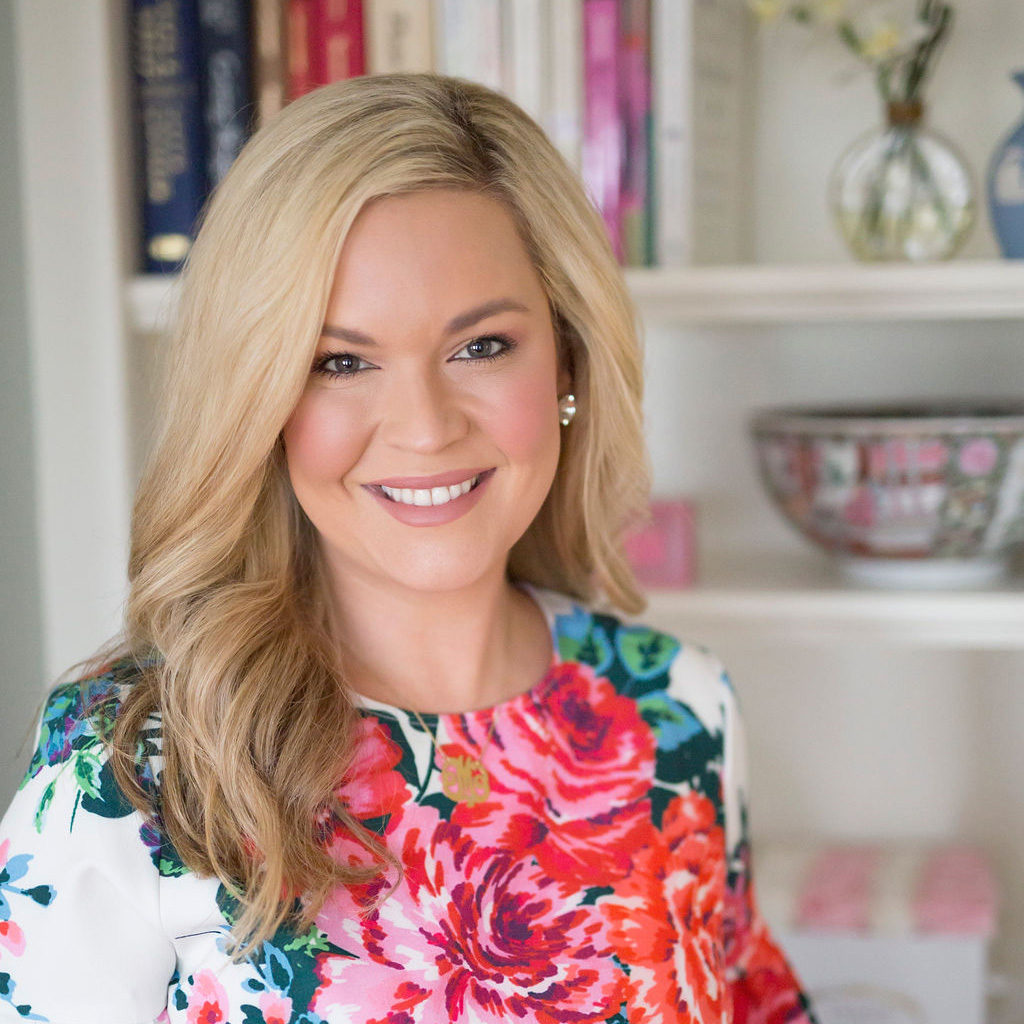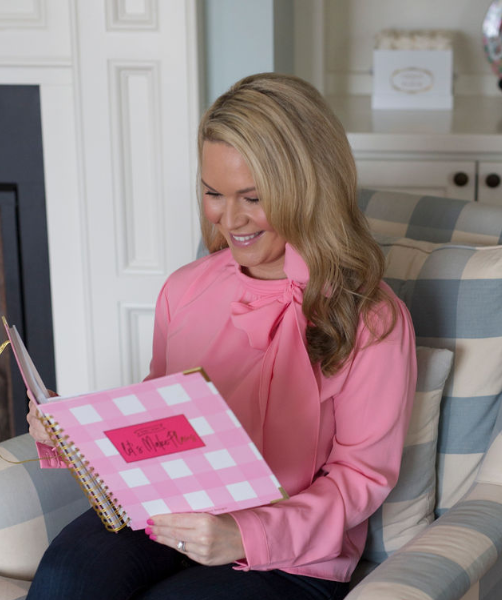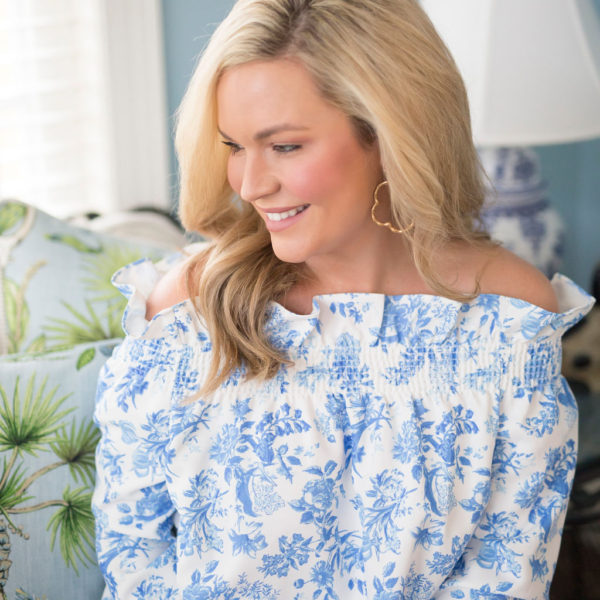
Friday March 6th was the last day life felt normal in sleepy Bluefield, Virginia. It was Pajama Day for Presley, wrapping up her Dr. Seuss-themed week at school. She had the best day. Snow began to fall that evening, and I loaded up everyone in our minivan to drive on snow-covered roads and eat dinner at our favorite Mexican joint. The next day we were set to take off for our annual family vacation. Never did we think that would be our last day of school for the entire year, and never could we have predicted COVID-19 becoming a full blown pandemic (by definition) before our arrival home on Sunday, March 15th.
By then, schools had been announced “closed” for the next two weeks. Because I’m a SAHM, I made the decision then to quarantine. Where did we need to go? We had also traveled, so something in the back of my mind said – just in case, stay home. By then, stay at home orders were not active in either of the Virginia’s, but I operated my family on this strict precaution even so. David, however, was still going to work. Their companies are very diverse and have customers based all over the country and world. Some of their manufacturing directly provides for the medical, appliance, data, mining and energy industries, so they were receiving letters almost daily from customers asking them to try their best to remain open even in these unprecedented times. Monday March 16th, he went to their facilities addressing the employees about implementing OSHA’s new strict social distancing guidelines, etc. He continued to work the entire week, coming home and leaving shoes at the door after disinfecting, changing clothes, and applying lotion to his raw hands from washing them all day. He also made the decision to pack his lunch and eat in his office each day that week – limiting his chances of contracting the virus at a restaurant or through food. That first week of quarantine was strange, but happy for us. We recovered from a busy vacation, watched movies, had lots of snacks, and made the most of being home. After all, it was only supposed to be for two weeks.
By Thursday of that week, the sun finally shone, and we decided to keep dinner simple and enjoy the evening outside with the kids. I made a full buffet of frozen pizzas. This delighted David, but was the first time he started to notice he couldn’t taste very well. He does experience seasonal allergies, so at that point we said it was strange but moved on. He went to work on Friday, March 20th, and by the time he came home I had noticed a difference in his energy levels. This is also very common after a stressful week of work for him, but he just didn’t have the same “zest” for Friday night he normally does. No desire for a cocktail, fell asleep in the chair, and couldn’t smell the white chicken chili I had going in the crock pot all day, much less taste it. It was a very “lazy weekend” for all of us, and he complained of being tired, and having some lower back pain. Let me tell you, as much as this man goes – none of these “symptoms” seemed like anything different from how he feels from time to time. However, out of precaution, we regularly checked his temperature. It was always 98.6 or less. He never coughed or experienced shortness of breath, so we said it must be a bad case of allergies. Monday March 23rd arrived, and he went to work, continuing social distancing. Mid-morning, I got a call from a close friend telling me that Fox News had released new COVID-19 symptoms, and she was alarmed that they were a sudden loss of taste and smell. I had chatted with her via text over the weekend, and told her had been complaining of it. I immediately called his cell phone and told him. He left work to come home – and didn’t return. We debated for an hour or so whether or not to seek testing, and we ultimately decided the decision would be the doctors’ at the hospital. If they felt he was a true candidate for testing, they would test him. If not, they would send him home to possibly quarantine. Well, they decided to test him. After many conversations with doctors since, it was saying “yes” to travel that ultimately made him “at risk” for COVID-19.
On Saturday March 28th, David received a call from our local health department confirming that he did, in fact, test positive for COVID-19. He was the very first confirmed case in Tazewell County. In many ways, the release of emotions felt good because we finally had our answer. We had waited 5 days for these results, of course in quarantine – even within our own home. However, I knew we needed to brace ourselves for what was ahead. Bad news travels fast in a small town, and my family is no stranger to that. Taking the time to tell our side of the story is something I knew early on I wanted to do, of course when David was ready.
Some of you may be reading this wondering why in the world shame would come with a positive COVID-19 test result. The Wall Street Journal recently released an article titled “Coronavirus Pandemic Leads to Shunning and Shaming in Small Towns.” Sue Rosa, the Director of the Board of Public Health for Chelmsford, Massachusetts “asked cities and towns to stop releasing the number of people who have tested positive for the virus, and limit the release to countywide information.” The reason: People were trying to identify who was infected. The dynamic had led to a “cyber bullying.” This became our reality in less than 24 hours of the first case being released to news stations. In a small town or county with little anonymity, people were ferociously trying to figure out who this person was. I read countless comments on Facebook threads of individuals saying they deserve to know where we live – at least the area of the county. I even read things that said they wanted to know where we pumped gas, where we shopped for groceries, and at which post office did we get our mail – so those areas could be avoided. I even came across a comment saying that “He should be locked up for his stupidity.”
In efforts to minimize hurt, I decided to practice social MEDIA distancing (maybe that’s a new hashtag? #socialmediadistancing). If my Instagram or blog felt a little ghostly, now you know why. I had to put the phone down, in efforts to minimize potentially picking it up and opening an app only to see more negativity spreading about my family. I know people were and are still scared, but I never understood why “I’m praying for him” or “I hope he is and his family are okay” wasn’t seen a little more often. Little do these commenters know, we have gone above and beyond to quarantine at home, even before we knew he was symptomatic. After knowing he might be symptomatic, he was immediately tested and has quarantined for even longer than the CDC’s recommended period of time. I have not pumped gas since March 2, because guess what, I’ve STAYED HOME, so don’t worry about where that might have happened. We don’t get mail at a post office, so don’t worry about which one we might have visited. I have entered two establishments in 38 days, both of which I wore disposable gloves, mask and kept social distance. Little do people know, one of the families affected by COVID-19 has taken absolutely every precaution to stay home and slow the spread. David protected his employees as much as he protected his family. Every employee tested after David (and there haven’t been many) has received negative results, praise God.
When COVID-19 “hits home” you’re robbed of finding the “silver lining” in each day, creating happy moments with your kids, and coming up with creative crafts and fun homeschooling activities. I saw so many of those posts, and they were admittedly hard for me to read – another reason I felt like putting my phone down. David and I were consumed with keeping myself and the children healthy, and our silver lining was very simple – David’s case was very mild, he was able to recover at home, and our girls and I never showed any symptoms. He and I were both plagued with “Pandemic Dreams,” which Fox News described as “The many unknowns surrounding COVID-19, including when this may be over, is causing stress and anxiety that many are seeing seep into their dreams, prompting the hashtag #PandemicDreams.” Ours went beyond the normal, wondering if the worst was over for David, or if the virus was just beginning. We were so fearful that our children or any of his employees would become infected that many nights I cried myself to sleep. Several more I would wake up sweating, heart beating with worry and anxiety. The emotional effects of dealing with COVID-19 outweighed the severity of David’s physical symptoms. Because of this, my heart and prayers go out to the families of the victims of this horrible disease that might be in intensive care, on ventilators, or worse, have passed away. Please remember, you have done nothing wrong. This disease does not discriminate, and anyone can catch it.
I am also in constant prayer for our medical care providers on the “front lines” of the pandemic. Dr. Yuval Neria, the director of trauma and post-traumatic stress disorder at the New York State Psychiatric Institute stated “There is kind of almost like a honeymoon phase right now. There is consensus, high adrenaline, adrenaline, and let’s do it together. I think once this is ended, and we face the reality of the aftermath, coupled with financial difficulties and shortage of services– all of those things can rapidly elevate the risk for a second pandemic, which will be a mental health pandemic.” Dr. Neria is a former Israeli tank commander whose own traumatic experiences in the 1973 Yom Kippur War informed his career studying the brains of veterans with PTSD (www.cbsnews.com). These mental health concerns spread beyond healthcare workers, but also to those who will experience a loss of identity through quarantine. With the loss of jobs and isolation from friends and family, the mental health effects of COVID-19 will be widespread. Because we’ve fallen victim to these heavy, hard feelings – I know they’re real. And if you’re feeling them, you’re not alone. Remember, we’re in this together.
Stepping away from facts to end on a more personal note, I want to share a story of my late paternal Grandfather and Grandmother, Bill and Betty Presley Thompson. In March 1985, my Grandfather was unknowingly infected with HIV by a blood transfusion when he underwent emergency coronary artery bypass surgery at Duke University’s Medical Center. This happened only weeks before screening blood before transfusion was made mandatory by the CDC, placing him at the forefront of HIV cases caused by blood donation. For 18 months, he lived not knowing he had the virus and passed it to his wife. He is quoted in My Own Country, a novel by Dr. Abraham Verghese saying “My grief that my wife had been infected with this virus from Hell knows no bounds.” Their illness was kept private, even from my father and his brothers, for some time. The public shame surrounding the AIDS epidemic in the 80’s was something I cannot even begin to fathom, but have learned about through oral history from family members, and studying other publications. Although I was very young when this happened, I’ve learned how much kindness meant to them. Doctors that were willing to treat them and people who were willing to care for them in their final days were the kinds of stories my father and mother still recount with tears in their eyes. Through personal diaries they kept, I learned that their faith played a strong role in their coping. They weren’t spending their time blaming who might have done this to them, but rather, lived the remainder of their life in peace. My Grandfather was often quoted saying “It doesn’t matter what happens to you that counts, it’s how you deal with it.” I feel like many of their most important lessons are engraved deep in my bones, and have given me special strength in life, but also a true sensitivity and empathy to others. Living through this pandemic has brought up many tears, emotions and conversations about my Memom and Big Daddy, and what they must have gone through. For them, the virus would turn into full-blown AIDS and both would pass within a little over a year of each other. A scene of my Grandparents was also described in My Own Country that I find particularly moving. It says, “she now stepped closer to her husband, as if they were physically connected and the cord between them had been stretched.” It is an example of the undeniable love and commitment they had for each other. Even in times of unspeakable tragedy for them, faith, hope and love trumped all other things. Kindness mattered. Thank you to all those who have shown my family true kindness during this time – whether it be through a text, a phone call, dropping off groceries at our door, or the occasional care package. Those acts will never go unnoticed, and I am forever grateful for them. I’m thankful to write this quite lengthy blog, as a way to show my love and support for David during this time. He has been so strong, has truly has tried to do everything right, and this is my way of showing the world just how much I love him. I’ll leave you with the simple lyrics of the legendary Tammy Wynette.
“Stand by your man,
Give him two arms to cling to,
And something warm to come to
When nights are cold and lonely
Stand by your man,
And show the world you love him
Keep giving all the love you can
Stand by your man.”



